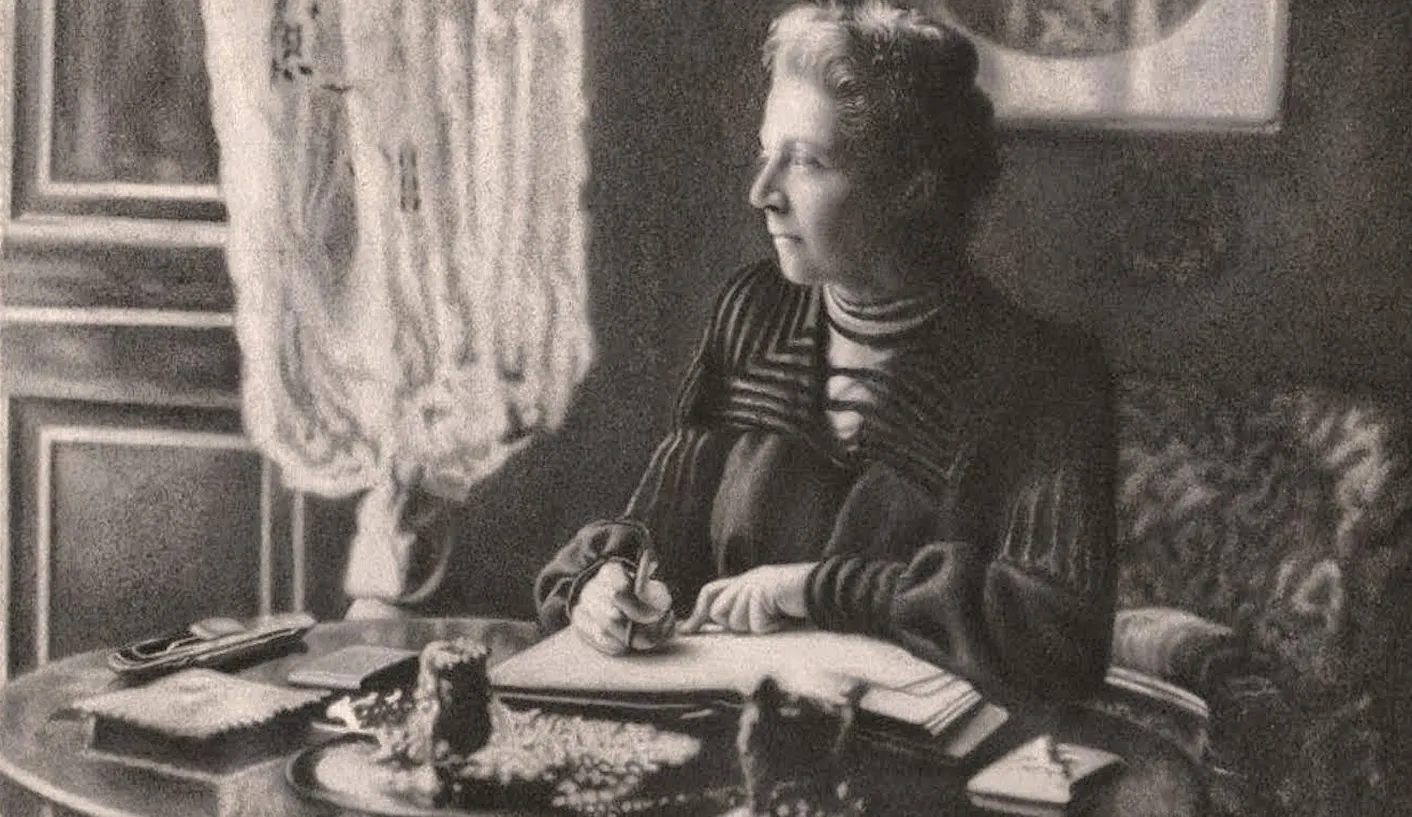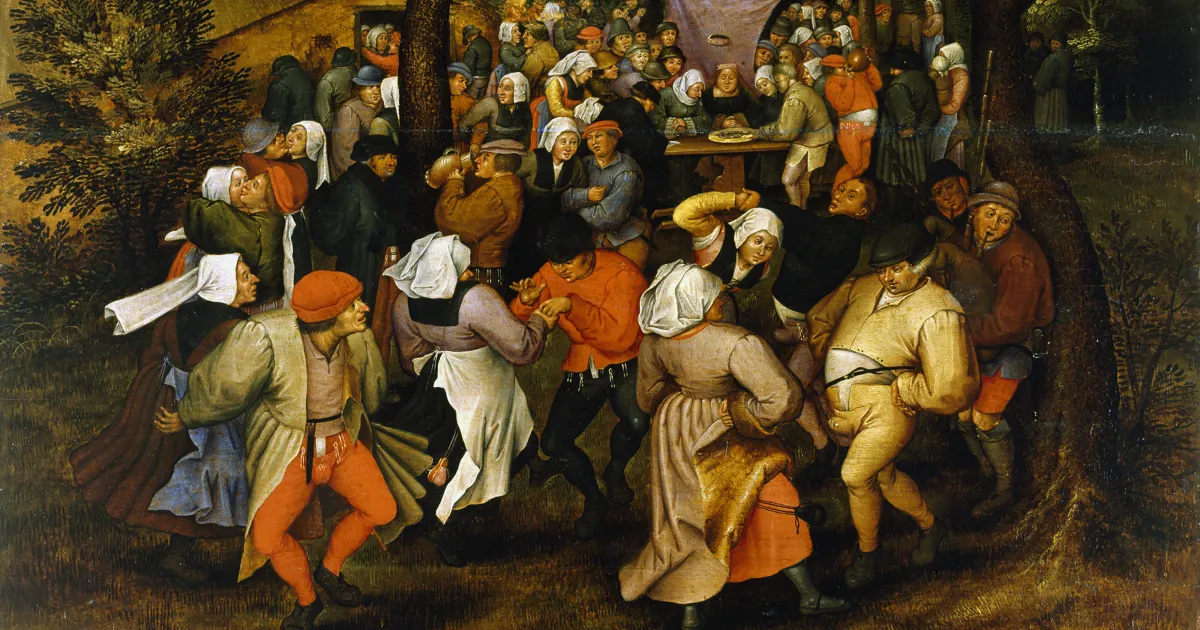In 1959, Soviet authorities in Ryazan Oblast launched an ambitious campaign to triple meat production within a year, aiming to showcase the success of the planned economy. Under the leadership of First Secretary Alexei Larionov, the region’s achievements were heavily promoted, culminating in the awarding of the Order of Lenin and a Hero of Socialist Labour title to Larionov. However, the reality was far from the propaganda; the rapid slaughter of livestock led to a significant decline in cattle numbers, and the promised production targets were not met.
The aftermath was disastrous: by 1960, meat production plummeted to 30,000 tons, a sharp decline from the previous year’s figures. The forced slaughter and subsequent loss of livestock severely impacted the region’s agricultural output, leading to food shortages and economic instability. Larionov’s policies, intended to demonstrate the superiority of Soviet planning, instead highlighted the flaws and inefficiencies inherent in the system.
The Ryazan affair serves as a cautionary tale of the dangers of overzealous implementation of ideological goals without regard for practical realities. It underscores the importance of balancing ambition with feasibility in policy-making and the potential consequences of ignoring ground-level challenges. This episode remains a poignant example of the complexities and pitfalls of centralized economic planning.





